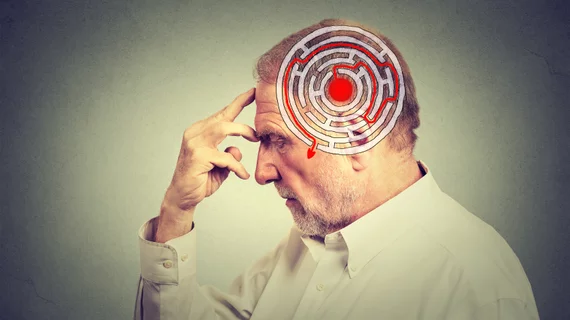4 brain-scan checks that can improve care for stroke victims
Patients who have suffered a stroke may be helped by four easy checks of their brain CT scans, according to a large analysis published August 14 in The Lancet Neurology.
Bleeding in the brain—intracerebral hemorrhage (ICH)—is the most deadly form of stroke. Only one in five will survive without permanent damage. Models for predicting ICH growth vary, and many rely on CT angiography—which is not widely available in lower income countries where 75 percent of ICH deaths occur, according to the study.
“Immediately after confirmation of intracerebral hemorrhage diagnosis on brain imaging, accurate prediction of the risk of later intracerebral hemorrhage growth could help to target patients’ monitoring, treatment and transfer to specialist care, and the design and interpretation of randomized trials of treatments to limit intracerebral hemorrhage growth,” wrote lead author, Rustam Al-Shahi Salman, with the University of Edinburgh and colleagues.
Researchers analyzed data of more than 5,000 patients from institutions across the globe. They concluded that four factors guided doctors in predicting whether a patient might experience further bleeding. They are:
- Time from symptom onset to baseline imaging.
- Intracerebral hemorrhage volume on baseline imaging.
- Antiplatelet use.
- Anticoagulant use.
"We have found that four simple measures help doctors to make accurate predictions about the risk of a brain hemorrhage growing,” Al-Shahi Salman said in a release. “These can be used anywhere in the world. Better prediction can help us identify which patients might benefit from close monitoring and treatment.
Authors also determined CT angiography offered little additional value when paired with the four imaging checks.
“The next step is to find an effective treatment to stop the bleeding," Al-Shahi Salman concluded in the statement.

